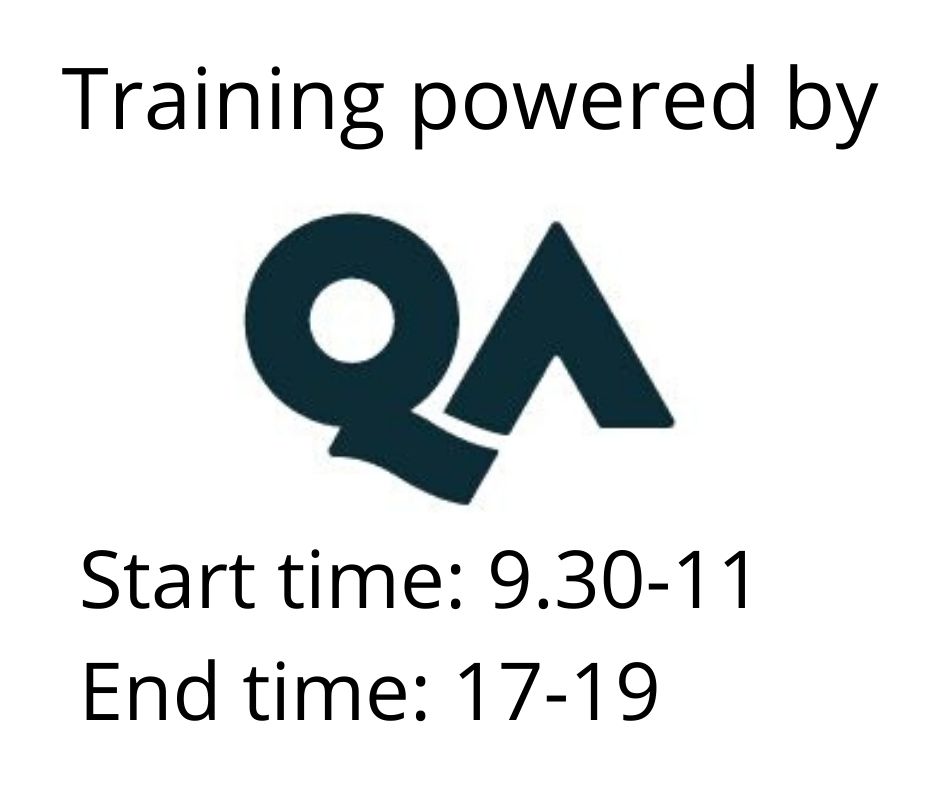Certified DevOps Site Reliability Engineering (SRE) Foundation
Utbildningsformer
Längd
2 dagar
Pris
20160 kr
The SRE (Site Reliability Engineering) Foundation course is an introduction to the principles & practices that enable an organization to reliably and economically scale critical services. Introducing a site-reliability dimension requires organizational realignment, a new focus on engineering & automation, and the adoption of a range of new working paradigms. The course highlights the evolution of SRE and its future direction, and equips participants with the practices, methods, and tools to engage people across the organization involved in reliability and stability evidenced through the use of real-life scenarios and case stories. Upon completion of the course, participants will have tangible takeaways to leverage when back in the office such as understanding, setting and tracking Service Level Objectives (SLO’s). The course was developed by leveraging key SRE sources, engaging with thoughtleaders in the SRE space and working with organizations embracing SRE to extract reallife best practices and has been designed to teach the key principles & practices necessary for starting SRE adoption. This course positions learners to successfully complete the SRE Foundation certification exam.
The learning objectives for the SRE Foundation course include an understanding of:
- The history of SRE and its emergence at Google
- The inter-relationship of SRE with DevOps and other popular frameworks
- The underlying principles behind SRE
- Service Level Objectives (SLO’s) and their user focus
- Service Level Indicators (SLI’s) and the modern monitoring landscape
- Error budgets and the associated error budget policies
- Toil and its effect on an organization’s productivity
- Some practical steps that can help to eliminate toil
- Observability as something to indicate the health of a service
- SRE tools, automation techniques and the importance of security
- Anti-fragility, our approach to failure and failure testing
- The organizational impact that introducing SRE brings
An understanding and knowledge of common DevOps terminology and concepts and related work experience are recommended.
Course Introduction
- Course Goals
- Course Agenda
- What is Site Reliability Engineering?
- SRE & DevOps: What is the Difference?
- SRE Principles & Practices
- Service Level Objectives (SLO’s)
- Error Budgets
- Error Budget Policies
- What is Toil?
- Why is Toil Bad?
- Doing Something About Toil
- Service Level Indicators (SLI’s)
- Monitoring
- Observability
- Automation Defined
- Automation Focus
- Hierarchy of Automation Types
- Secure Automation
- Automation Tools
- Why Learn from Failure
- Benefits of Anti-Fragility
- Shifting the Organizational Balance
- Why Organizations Embrace SRE
- Patterns for SRE Adoption
- On-Call Necessities
- Blameless Post-Mortems
- SRE & Scale
- SRE & Other Frameworks
- The Future
- Additional Sources of Information
- Exam Preparations
- Exam Requirements, Question Weighting, and Terminology List
- Sample Exam Review
